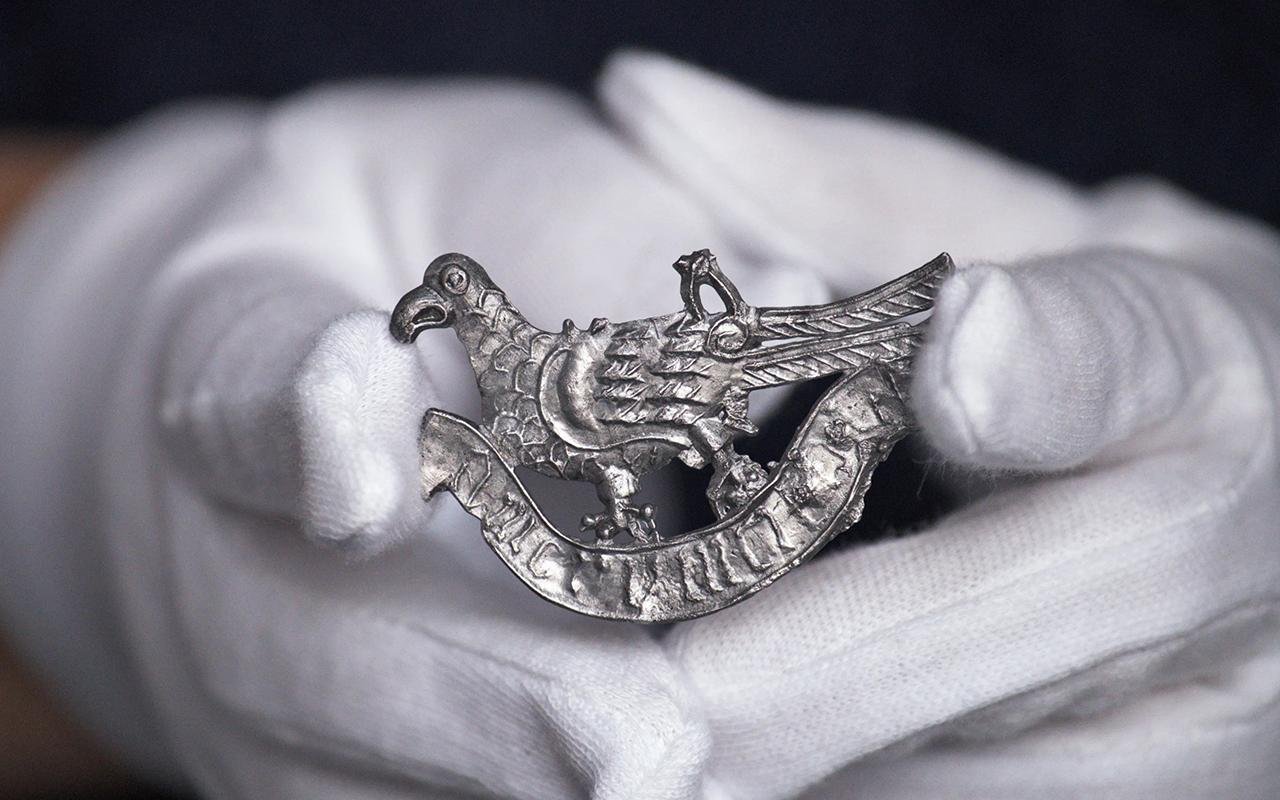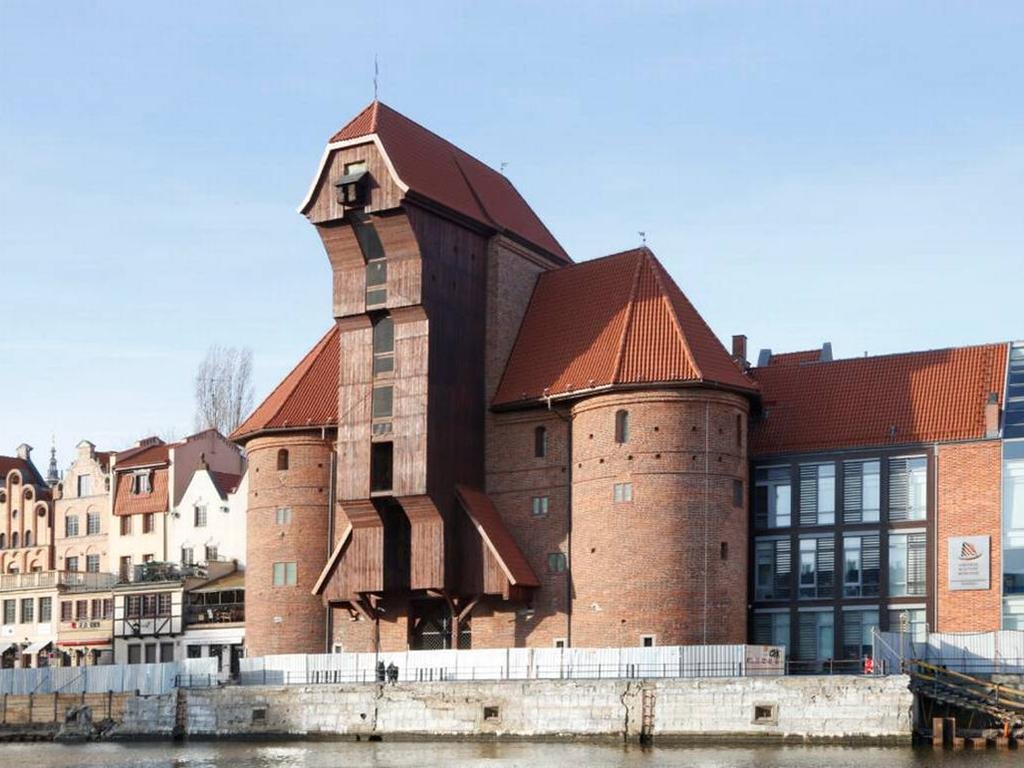During renovations of the 600-year-old Gdańsk port crane, archaeologists from the National Maritime Museum uncovered a tin turtle dove badge dating back to the Middle Ages.
 Archaeologists uncovered a medieval token of love during work in Gdańsk. Credit: Hanna Borkowska / the National Maritime Museum in Gdańsk
Archaeologists uncovered a medieval token of love during work in Gdańsk. Credit: Hanna Borkowska / the National Maritime Museum in Gdańsk
The badge, shaped like a turtle dove perched on a ribbon, bears the Latin inscription “Amor Vincit Omnia,” translating to “love conquers all.” This love token, discovered among the foundations of the crane, reflects a trend popular in the 14th and 15th centuries, with similar pieces found in the Netherlands and Britain.
Describing the significance of the find, Dr. Anna Rembisz-Lubiejewska, an archaeologist from the National Maritime Museum, emphasized the symbolism of the turtle dove in ancient cultures as a representation of love, devotion, and family. The artifact’s design, featuring two handles on the back, suggests it was meant to be worn as a pendant or attached to clothing.
The Gdańsk Crane itself holds immense historical importance as a marvel of medieval technology and maritime trade. Built between 1442 and 1444, it stands as the oldest surviving port crane in Europe, once serving as a crucial hub for loading and unloading cargo and constructing ships. Despite suffering damage during World War II, the crane underwent extensive reconstruction in the 1950s and 1960s, preserving its architectural legacy.
 The 15th century crane at a port in Gdańsk after renovations. Credit: The National Maritime Museum in Gdańsk
The 15th century crane at a port in Gdańsk after renovations. Credit: The National Maritime Museum in Gdańsk
Restoration efforts on the crane have been ongoing since 2020, aiming to maintain historical accuracy while modernizing the museum space within. Scheduled to reopen on April 30th, 2024, the renovated crane will feature immersive exhibitions showcasing Gdańsk’s mercantile history, including navigation, trade practices, and daily life in the city during the 17th century.
The discovery of the turtle dove badge adds another layer to the crane’s narrative. As Dr. Rembisz-Lubiejewska confirmed, the artifact will be prominently displayed in the museum alongside other relics, further enriching visitors’ understanding of Gdańsk’s rich cultural heritage.





